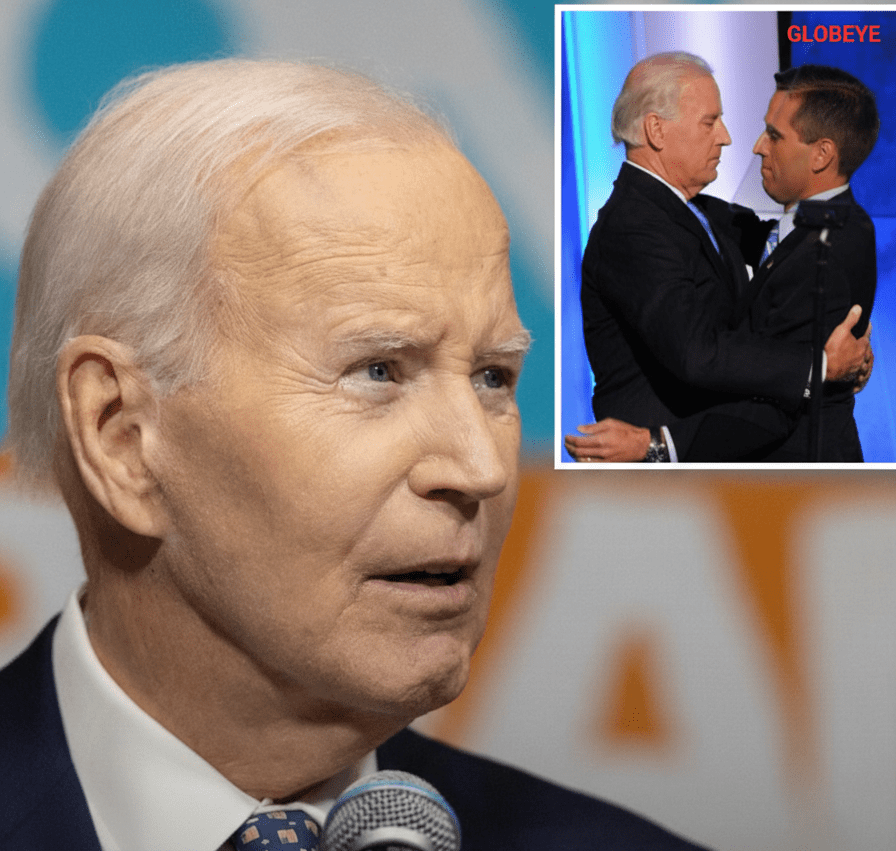Bandaged Up and Emotional, Joe Biden Says Late Son Beau ‘Should Have Been Commander-in-Chief’ While Launching Fierce Attack on Trump’s Cancer Research Cuts
Former President Joe Biden appeared before an audience of Nebraska Democrats in Omaha with a fresh bandage visible on his forehead, delivering a speech that blended deep personal grief with pointed political critique. In a stirring address at the Ben Nelson Gala, he declared that his late son, Beau Biden, who died of brain cancer in 2015, “should’ve been the president, not me,” invoking Beau’s military service and subsequent illness to underline his charge that cancer research funding had been unfairly cut under the Donald Trump administration.
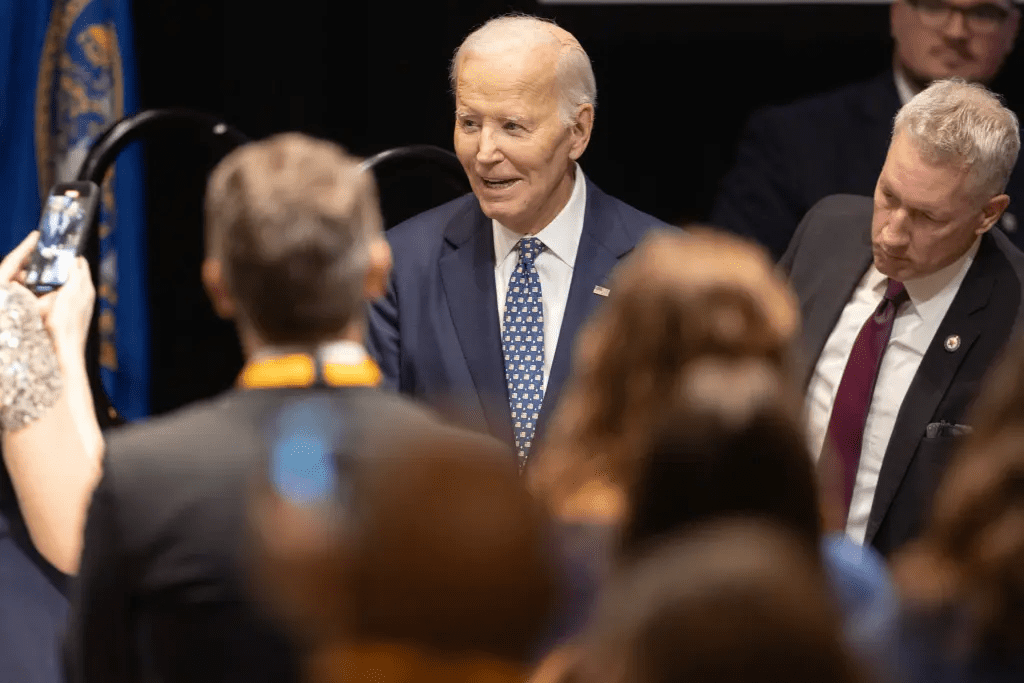
Biden’s remarks brought together personal tragedy and political purpose. He recalled how Beau served in Iraq for a year, later being diagnosed with stage-four glioblastoma after exposure to a military burn pit. He said the same hazards that afflicted other veterans afflicted his son. “When the love of my life… my oldest son… who should’ve been the president, not me… volunteered to go to Iraq for a year… came back with stage-four glioblastoma because he lived in a burn pit just like those guys did on 9/11, and he died,” Biden said.
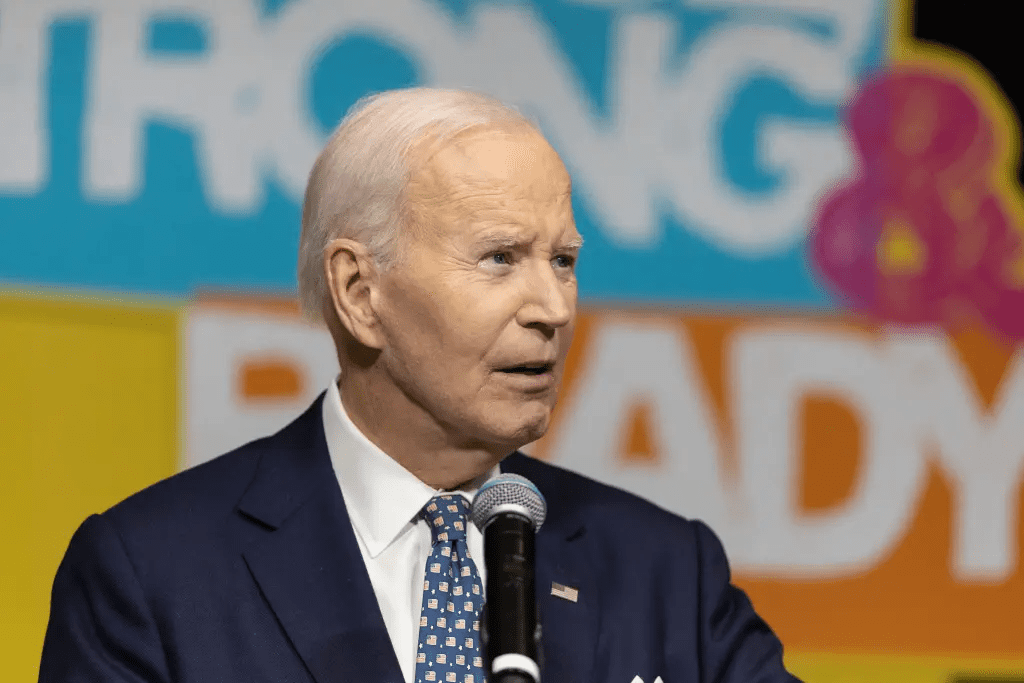
With his bandaged head and calm yet haunting tone, Biden used his grief as a prism through which to view broader policy concerns. He linked Beau’s death to what he described as a failure in government priorities: while cancer afflicted his family, he claimed that the Trump administration had reduced funding for cancer research and that veterans faced preventable risks from burn-pit exposure.
It was hardly a traditional political speech. Biden, who has kept a lower profile since his departure from office and recent health challenges, stepped into a role that combined advocacy, remembrance, and critique. The event was the former president’s first major political appearance since completing radiation treatment for prostate cancer in October and signals an active return to the political stage—even if indirectly.

Against a backdrop of Democratic momentum—highlighted in recent elections in New Jersey, Virginia and New York—Biden sought to project resilience. He told the audience that the Democratic Party was “back,” and urged the underdog caucus in Nebraska to fight, to raise their voices, and to view the 2026 cycle as an opportunity rather than a foregone conclusion.
As he shifted to policy critique, Biden turned his focus to Trump, accusing him of wielding the presidency and its powers in favor of the affluent while neglecting ordinary Americans. He argued that the cuts in health-care funding, hunger aid and cancer research betrayed the promise of inclusive governance. “When the love of my life… died,” he said, “I know what cancer research means. Cancer hits every family. It’s hit mine hard.” In that moment his personal story became a vehicle for broader political reflection.
Observers say this speech is significant for several reasons. First, it recasts Biden not just as a figure of the recent past—but as a moral voice in the evolving Democratic movement. His emphasis on cancer research, military sacrifice and accountability taps into worries about veterans, health-care funding and how policy impacts lives. Second, his decision to publicly reflect on Beau’s life and the what-ifs of his potential presidency offers a window into a narrative of loss, aspiration and unfinished dreams. Third, by doing so in a state like Nebraska, where Democrats long struggle, he signals that the party is setting its sights beyond typical battlegrounds.
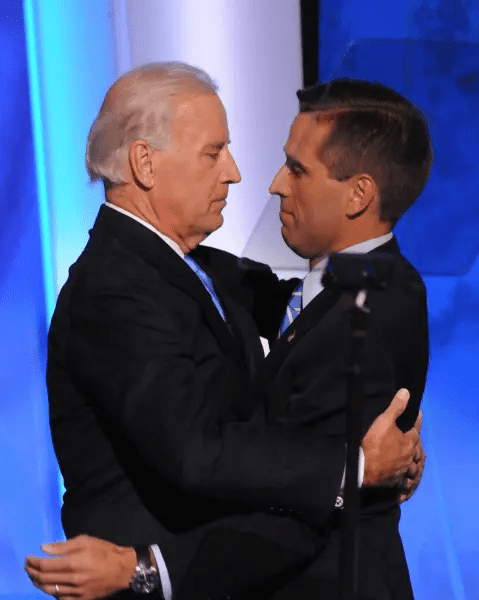
But the speech also raises questions. For some, the move to link personal grief with political critique risks appearing strategic rather than purely genuine. Will voters view the invocation of Beau’s potential presidency as an earnest reflection or a powerful rhetorical device? Moreover, Biden’s visible bandage and previous health disclosures may spark renewed scrutiny about his age and capacity for future political engagement—even if he himself did not dwell on his own treatment during the speech.
From the vantage of the Democratic Party, Biden’s message serves as both rallying cry and a calling card for the next phase of politics. He emphasized wins were possible even in red terrain, reminding Nebraskans that while one party may dominate a state’s presidential preferences, competitive politics still exist in congressional races, local contests, and unexpected turns. This aligns with the larger strategy of rebuilding over time rather than relying solely on the last election’s outcome.
For Republicans and Trump loyalists, the speech underscores the challenge of navigating policy criticism grounded in personal narrative. Biden’s combination of private loss and public policy may shift the frame from standard partisan debate toward ethics, empathy and the question of leadership values. Thus the contest ahead is not only about tax rates or foreign policy, but about character, sacrifice and vision.
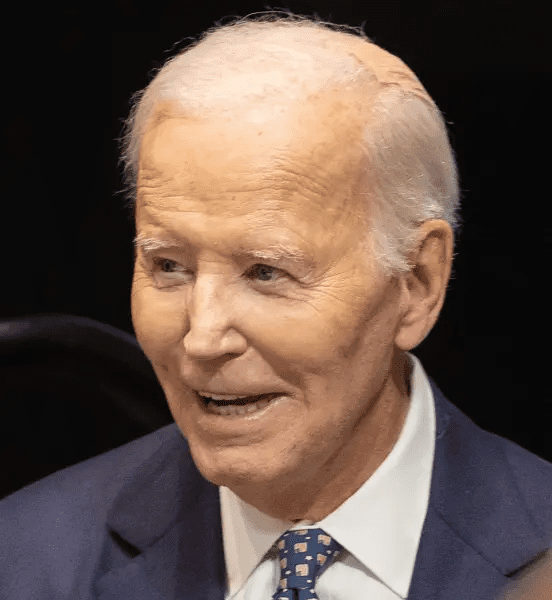
The setting of the Ben Nelson Gala in Omaha added layers of meaning. Named after the former U.S. Senator turned governor of Nebraska, the event has historically been part networking, part celebration, and part fundraising. Biden’s appearance there — coupled with his emotional tone — suggests that he and his team are conscious of building momentum, raising profiles, and shaping a narrative larger than any single election cycle.
In many ways, the speech felt intangible yet potent: a man reflecting on the child he lost, the service his child gave, and the presidency his child never had. By saying Beau “should’ve been the president, not me,” Biden gave voice to what might’ve been, while implicitly questioning what leadership means now. He juxtaposed that sentiment with a critique of current policy, implying that values, resources and compassion are not mere abstractions but matters of life and death.
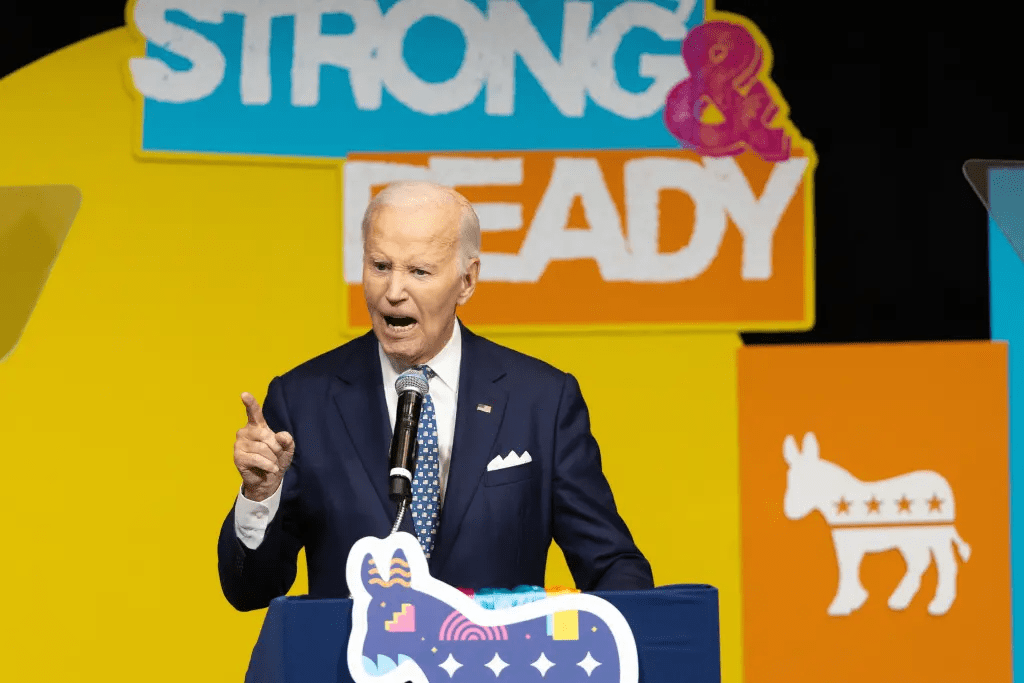
It remains to be seen how much this moment will shape the political landscape. Will it galvanize Democratic voters, elevate Biden as a moral elder statesman, and reframe discussions around health-care, veterans policy and leadership? Or will it expose tension between legacy, personal grief and the pragmatics of electoral politics? One thing is clear: the story Biden offered was designed to be remembered — a brave, personal reflection placed deliberately in a public, political context.
As the country looks ahead to future battles—state races, midterms, and even a next presidential cycle—this moment may stand out for its blending of personal narrative and political messaging. Biden has positioned himself not just as a former occupant of the Oval Office, but as a guardian of values he says his son embodied and that he now calls upon his party to carry forward. Whether the electorate responds accordingly remains to be seen.
